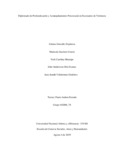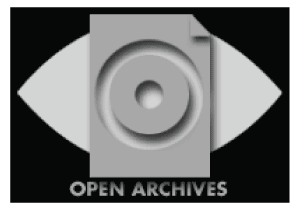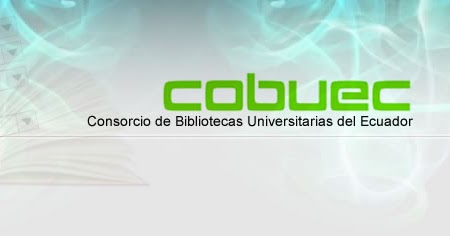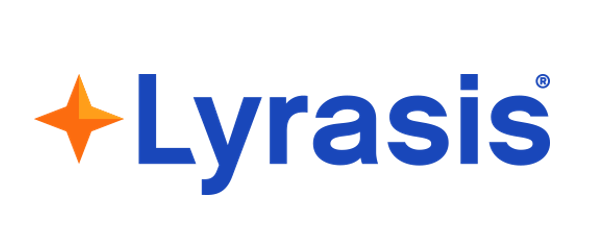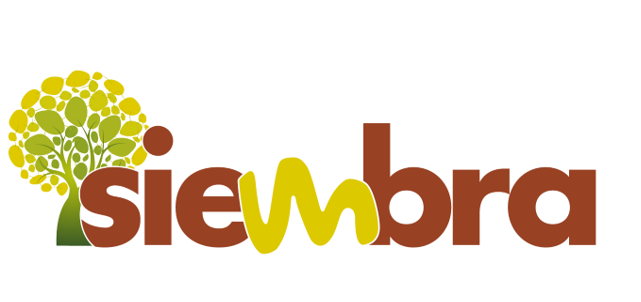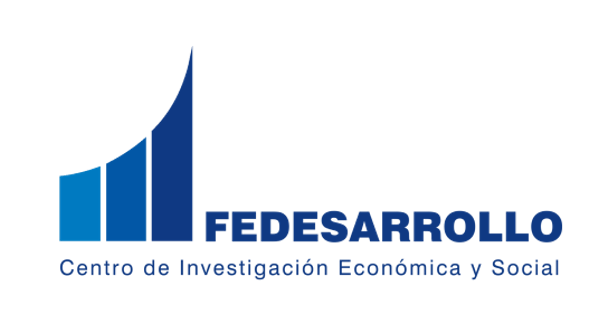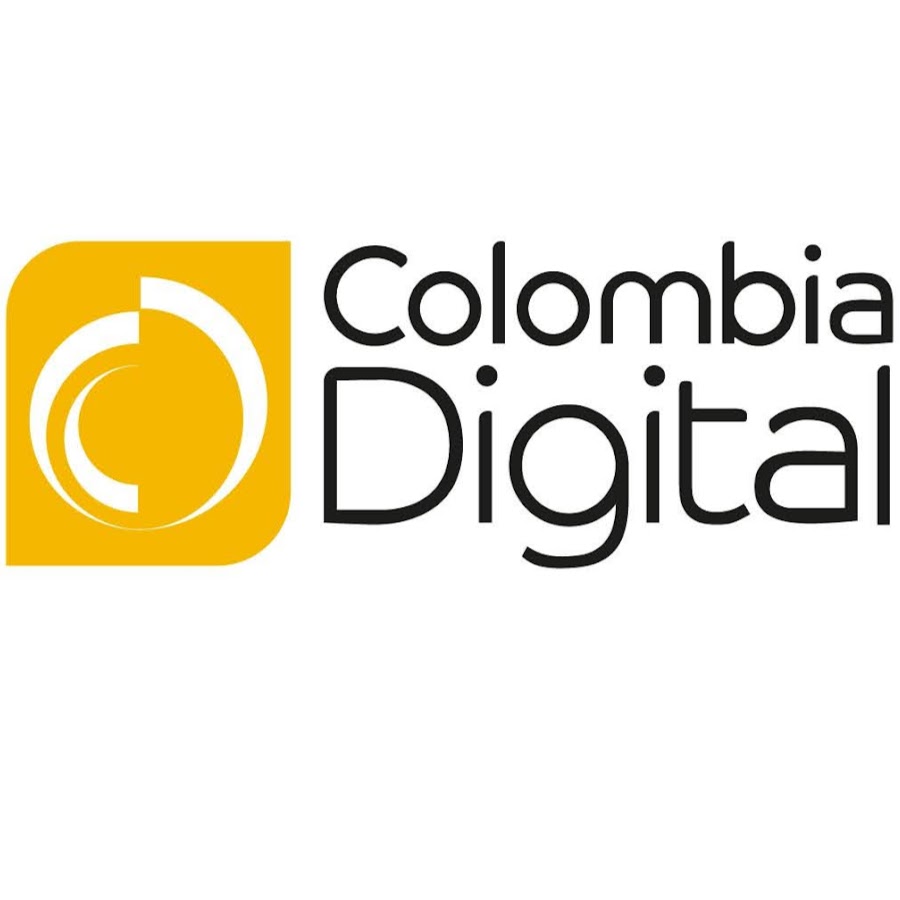Mostrar el registro sencillo del ítem
Diplomado de Profundización y Acompañamiento Psicosocial en Escenarios de Violencia.
| dc.contributor.advisor | Estrada, Paula Andrea | |
| dc.coverage.spatial | cead_-_josé_acevedo_y_gómez | spa |
| dc.creator | González Espinosa, Liliana | |
| dc.creator | Ortiz Lemus, John Andersson | |
| dc.creator | Valderrama Gutiérrez, Aura Janeth | |
| dc.creator | Mancipe, Yudi Carolina | |
| dc.creator | Guerrero García, Maricela | |
| dc.date.accessioned | 2019-09-13T14:36:32Z | |
| dc.date.available | 2019-09-13T14:36:32Z | |
| dc.date.created | 2019-08-13 | |
| dc.identifier.uri | https://repository.unad.edu.co/handle/10596/27683 | |
| dc.description | Diplomado de Profundización y Acompañamiento Psicosocial en Escenarios de Violencia. | spa |
| dc.description.abstract | El presente archivo da cumplimiento al paso cuatro: Abordajes de contextos desde los enfoques narrativos del diplomado de profundización acompañamiento Psicosocial en Escenarios de Violencia, que ofrece la escuela de ciencias sociales artes y humanidades ´´ECSAH´´ de la Universidad Nacional Abierta Y a Distancia UNAD, como opción de grado del programa de psicología, el cual es el resultado de una serie de análisis y resultados que permitieron identificar y comprender por medio de la teoría y la práctica, aspectos fundamentales que se deben tener en cuenta en el momento de querer hacer una intervención de carácter psicosocial a víctimas que han sufrido situaciones de violencia, como es el caso puntual del desplazamiento por el conflicto armado. Es importante tener en cuenta que para dicha intervención se debe comprender con claridad y de manera objetiva, todas las afectaciones psicosociales que han sufrido las víctimas, pero también identificar todas sus habilidades y las herramientas con las cuales cuentan, de esta manera será más fácil recuperar su identidad individual y colectiva, construir nuevas subjetividades colectivas, reconstruir sus comunidades y proyectarse hacia nuevas y posibles metas que les permita mejorar su calidad de vida. Se presenta el análisis del relato de violencia de Carlos Arturo, un adolescente de 14 años, que fue víctima de una granada de fusil de las FARC, quitándole la vida a su mejor amigo y causándole a Carlos Arturo, daños físicos y psicológicos, sin embargo, él tiene esperanza de salir adelante, de poder trabajar y estudiar, para ayudar a otras personas que han vivido situaciones similares y además cuenta con un gran recurso humano que es su familia. Como es tan importante tener cuidado con el dolor y sufrimiento que han tenido que enfrentar las víctimas y que están sintiendo, se exponen una serie de preguntas (circulares, reflexivas y estratégicas), que desde el saber del psicólogo permiten conocer más a fondo la problemática de las víctimas, de tal manera que se apliquen las herramientas adecuadas para lograr una intervención que logre realmente restaurar las vidas de las víctimas. Por otro lado, se realizó el análisis del caso Cacarica, una comunidad que fue acusada de ser colaboradora de grupos al margen de la ley y por esta razón desplazada y se propusieron estrategias de abordaje psicosocial, donde se resolvieron las preguntas orientadoras de acuerdo al análisis, estudios e investigaciones de los integrantes del grupo Por último, se da a conocer el resultado de la experiencia narrativa que se expresa desde una mirada subjetiva por medio de “foto Voz”, por medio del cual las imágenes toman significado en el contexto de violencia, resistencia y sufrimiento, pero también de resiliencia, restitución de derechos, y nuevos proyectos de vida, que ayudan a la reconstrucción del tejido social pasando de ser víctimas a ser sobrevivientes, que desde sus vivencias ayudan a otras personas en situaciones similares a las suyas. Para ello se deja a disposición el link de la foto voz colaborativo. Palabras claves Acompañamiento psicosocial, afectaciones psicosociales, víctima, sobreviviente, Resiliencia, violencia, reconstruir, acciones de apoyo. | spa |
| dc.format | spa | |
| dc.format.mimetype | application/pdf | spa |
| dc.language.iso | spa | spa |
| dc.publisher | Universidad Nacional Abierta y a Distancia UNAD | spa |
| dc.title | Diplomado de Profundización y Acompañamiento Psicosocial en Escenarios de Violencia. | spa |
| dc.type | Diplomado de profundización para grado | spa |
| dc.subject.keywords | Afectaciones psicosociales | spa |
| dc.subject.keywords | Sobreviviente | spa |
| dc.subject.keywords | Víctima | spa |
| dc.description.abstractenglish | This file complies with step four: Context approaches from the narrative approaches of the deepening psychosocial accompaniment in Violence Scenarios, offered by the social sciences arts and humanities school ´´ECSAH´´ of the Universidad Nacional Abierta y a Distancia, UNAD, as a degree option of the psychology program, which is the product of a series of analyzes and results that allowed us to identify and understand through theory and practice, fundamental aspects to consider when we want to do a psychosocial intervention to victims who have suffered situations of violence, such as the specific case of displacement due to armed conflict. It is important to keep in mind that for this intervention you must clearly and objectively understand all the psychosocial affectations that the victims have suffered, but also identify all their skills and the tools they have, in this way it will be easier to recover their individual and collective identity, build new collective subjectivities, rebuild their communities and project themselves towards new and possible goals that allow them to improve their quality of life. The analysis of the violence story of Carlos Arturo, a 14-year-old teenager, who was the victim of a FARC rifle grenade, which was abandoned and exploded taking the life of his best friend and causing Carlos Arturo physical and psychological damages, however, he still hopes to get ahead, to be able to work and study, to help other people who have lived similar situations and also he has a great human resource which is his family. As it is so important to be careful with the pain and suffering that the victims have faced and that they are feeling, a series of questions (circular, reflective and strategic) are exposed, which from the knowledge of the psychologist allow to know more deeply the problem of victims, in order to apply the appropriate tools to achieve an intervention that restores the lives of the victims. On the other hand, the analysis of the Cacarica case was carried out, a community that was accused of being a collaborator of groups outside the law and for this reason displaced and psychosocial approach strategies were proposed, where the guiding questions were resolved based on the group knowledge of all the members of the course. Finally, the result of the narrative experience that is expressed from a subjective perspective through “photo Voice” is made known, through which images take meaning in the context of violence, resistance and suffering, but also of resilience, restitution of rights, and new life projects, which help social reconstruction from being victims to being survivors, who from their experiences help other people in situations similar to their own. For this, the photo collaborative voice link is made available. Key words: Psychosocial support, psychosocial effects, victim, survivor, Resilience, violence, rebuild, support actions. | spa |
| dc.subject.category | Psicología | spa |
| dc.rights.accesRights | info:eu-repo/semantics/openAccess | spa |
| dc.rights.acceso | Abierto (Texto Completo) | spa |

